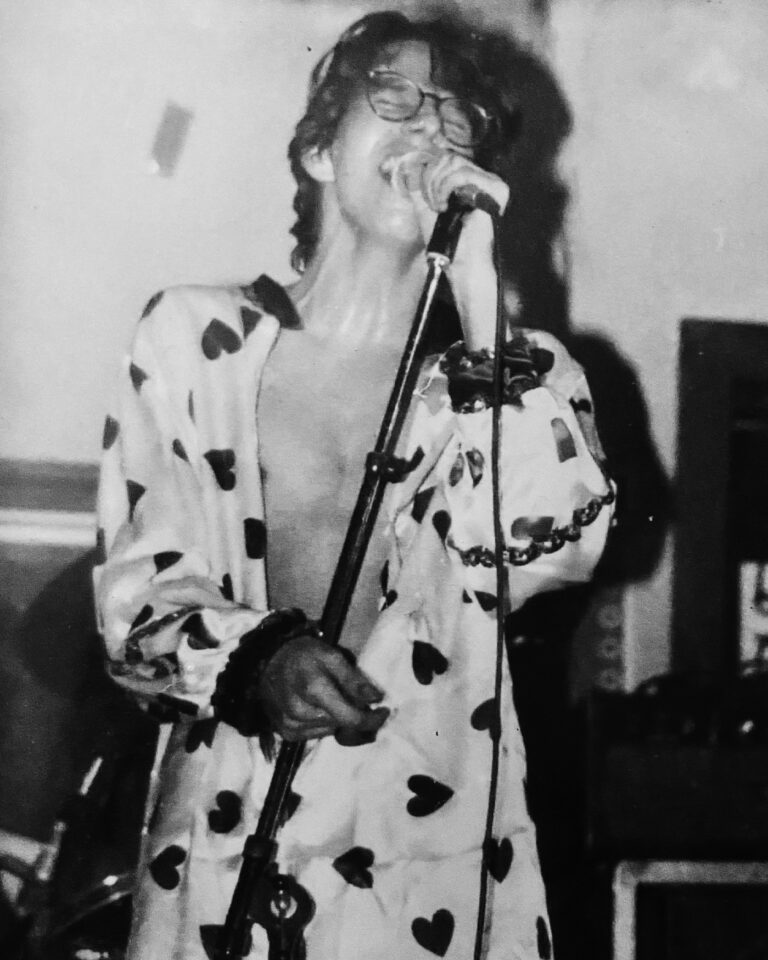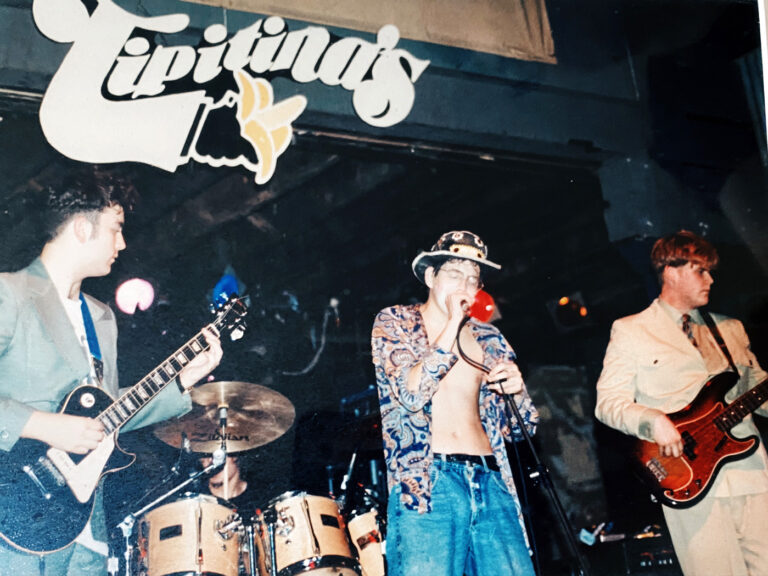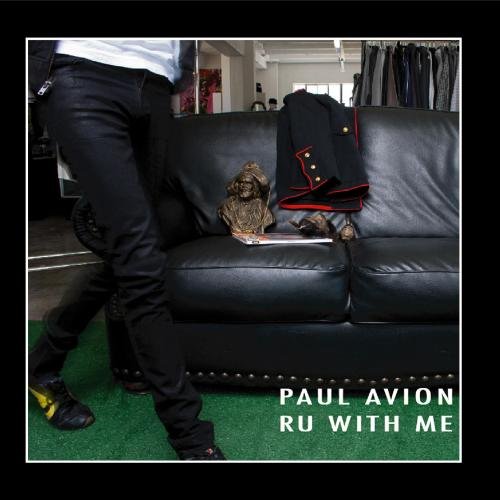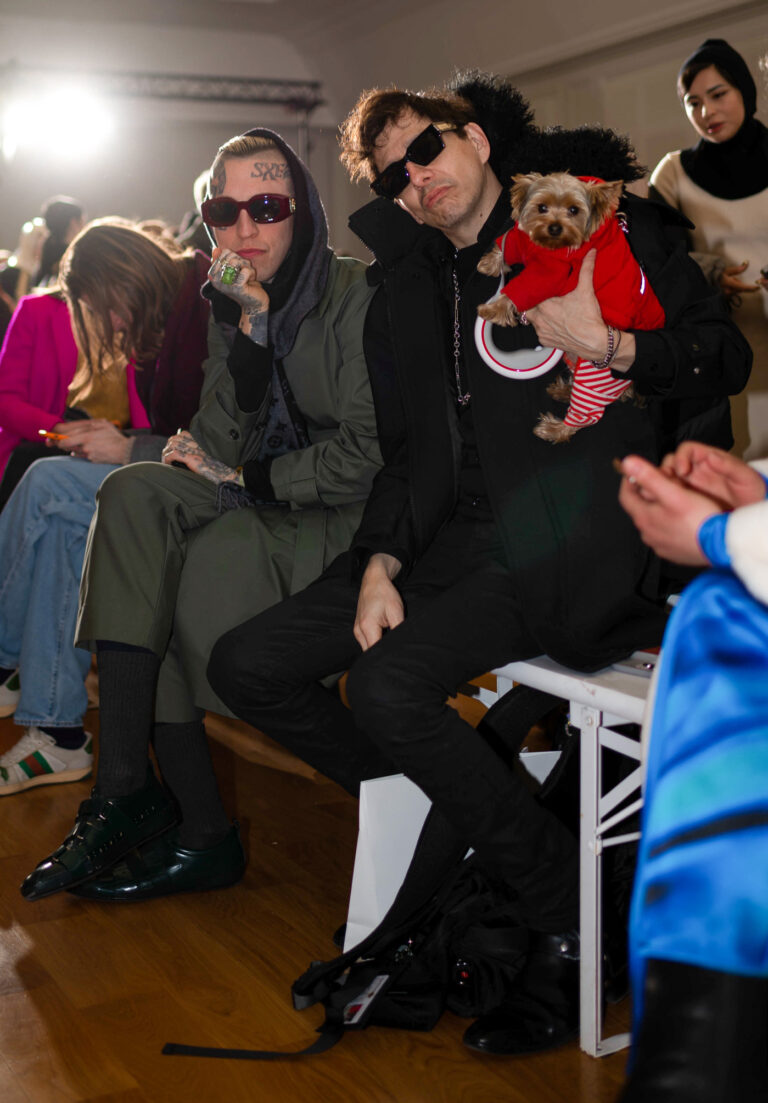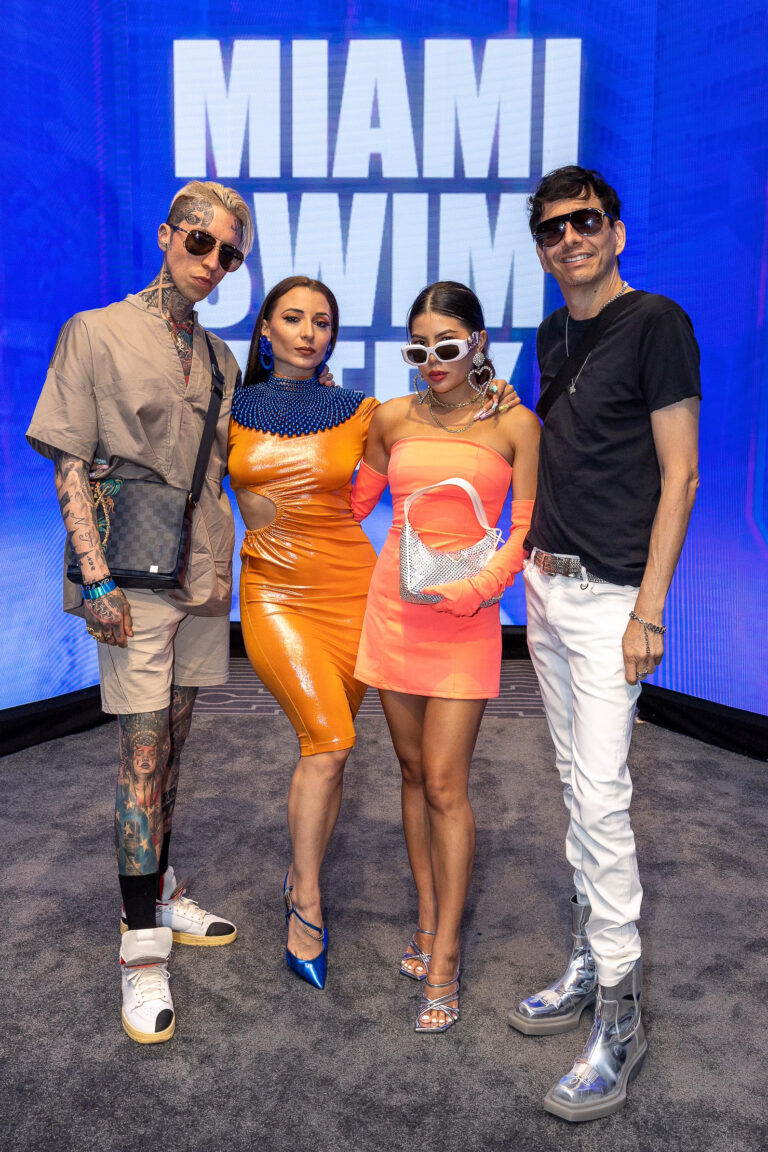Press
SPIN.com
Press
Aaron Hillyer, The Disappearance of Literature: Blanchot, Agamben, and the Writers of the No
“It is the linguistic register of pataphysics that bestows its most useful political meaning, as Pablo Lopez has demonstrated in his book, Pataphors, where he coins the term ‘pataphor’ to further extend the unworking, refusal, and creation at issue in Jarry’s work into the operations of language. As Jarry claimed that pataphysics existed ‘as far from metaphysics as metaphysics extends from regular reality,’ a pataphor is a figure of speech located as far from metaphor as metaphor is from nonfigurative language.’ While metaphysics and metaphors attain one degree of separation from reality, pataphors and pataphysics move beyond by two degrees. This allows an idea to assume its own life, a sort of plasticity freed from the harness of rigid representation. Metaphors, in other words, operate on the level of the same; they juxtapose apparently unrelated material in order to draw out subtle identities. Pataphors unsettle this mechanism; they use the facade of metaphorical similarity as a basis for establishing an entirely new range of references and outlandish articulations: a new world in the midst of the old, the novel taking to the streets. Just as Kafka sought to forge a new form of life on the basis of absolute separation from historical progress, on cultural ‘intransmissibility,’ and just as Blanchot pursued the ‘pure novel’ that exists in a relationship of absolute refusal of the established world, so the pataphysician seeks to initiate a new world on the grounds of a tenuous unreality.”
Press
Publishers Weekly (for RNWY)
Lopez’s clever first RNWY Universe social satire is science fiction for the social media age. In 2399, celebrity can be created or destroyed in a flash, thanks to cancel culture, superficiality, and short attention spans. Social indexes such as Super-Ping display how many billions saw and reacted to a pithy phrase or photo, with instant effects on an influencer’s popularity. At Fashion Week, which is now interplanetary, reality TV star Samantha is trying to boost her falling numbers, while fashion icon Pablo, the 336-year-old father of sentient artificial intelligence, is making a rare appearance. Both of them also happen to be brilliant scientists, and when they discover a scheme involving the leader of a death cult, an AI with a grudge, and an alien race, they team up to save the day.
Thorough worldbuilding, brisk storytelling, plenty of visual details (and a handful of glossy but static digital illustrations), and an expansive plot make this splashy adventure perfectly geared to a miniseries adaptation. There’s a fine line between a fast-paced story and one that is frenetic, and Lopez sometimes has a few too many plotlines going at once, but readers who identify with the stimulus-hungry dopamine fiends of the RNWY universe will have no trouble keeping up.
The protagonists are the story’s beating heart. Samantha is a genius who developed technology that can turn a lipstick into a space-age motorbike, but other scientists assume she’s vapid and ignore her inventions. Pablo, a romantic and idealist, has been searching the galaxy for his lost love for a century. AIs DIVA, Sartoria, and DOS contribute strong personalities and humor. Though the story can feel overstuffed, it has a core of sincerity that shines through and keeps the satire from ever feeling mean-spirited. This witty send-up of contemporary celebrity culture will earn plenty of wry laughs.
Takeaway: Anyone immersed in pop culture and social media will enjoy this witty send-up of contemporary celebrity trends.
Great for fans of Hank Green’s An Absolutely Remarkable Thing, Catherynne M. Valente’s Space Opera.
Press
Kirkus (For RNWY)
In this debut SF adventure, androids abduct humans as part of a diabolical plan that threatens humanity.
By the late 24th century, humans have colonized Luna and Mars. They’re also living considerably longer, courtesy of aging cessation and “re-youthing.” Yet some things remain (relatively) the same, like Space Fashion Week in 2399. Former supermodel Samantha covers the event on her popular Holo show, Samantha!
But this year, a Designer-bot Optimized for Shopping interrupts the Chanel show by asking for Sam. This robot, named simply DOS, claims Sention sims (essentially androids) have kidnapped his owner, Freddie Waverly, with plans to abduct fashion editor Pablo Starr as well. Most write off DOS’ interruption as a publicity stunt by Sam, who’s also an inventor, though few people take her seriously.
But Sam believes DOS’ allegation is valid, especially after a search for her missing friend, Kiki Hong, points to her pal as another possible abductee. With help from her AI, Digital Intelligence with Voice Activation, and DOS, Sam tries convincing Pablo that he’s in danger.
But Pablo is a recluse, tormented by his fiancee Air’s unexplained disappearance a century ago. Still, it’s soon apparent to everyone that something sinister is afoot. For starters, someone or something attempts to delete Sartoria, the first sentient AI and Pablo’s creation. This may be the same culprit who has evidently hacked the Sention sims, a misdeed that Sam, Pablo, and others ultimately link to a doomsday cult. But what’s really happening is far deadlier than they’ve foreseen.
Lopez’s series opener is a dense, lengthy introduction to a future universe. This includes a stable narrative foundation for character development in this story, with a potential for further evolution in the sequel.
All AIs, for example, enjoy the same rights as humans, and Sartoria, despite Pablo’s having created her, has been living independently for some time. Similarly, characters are well established and dynamic. Even Rylie Cade, Sam’s co-host, who clearly wants her own Holo show, is a delightfully snooty antagonist who proves crucial in the final act. The tale tends to favor characters’ frequent discourse—backstories or a plan for confronting villains—over accelerating this installment’s plot.
Nevertheless, there are surprising turns, particularly as the heroes get closer to unraveling what’s behind the kidnappings.
Thankfully, Lopez avoids narrative lulls by dropping readers into the unknown world and allowing exposition or backstory to unfold organically without reducing the momentum. At the same time, readers won’t be lost, as the author makes much of the unfamiliar relatable: Super-Ping is a notable social networking site à la Twitter while Lux, despite few specifics, is unquestionably a form of currency.
There’s also a fair amount of humor, mostly through visual descriptions: “Pablo sat in a white Eames-inspired chair in front of the main viewer, with a digital control panel in the right arm of the chair. An identical chair hovered to its immediate left, with a ‘BROKEN’ sign affixed to it.” Despite a thorough wrap-up, there’s much unresolved by the end and plenty of material for the next volume.
A futuristic tale with clever, gratifying worldbuilding that will leave readers eagerly anticipating the sequel.
